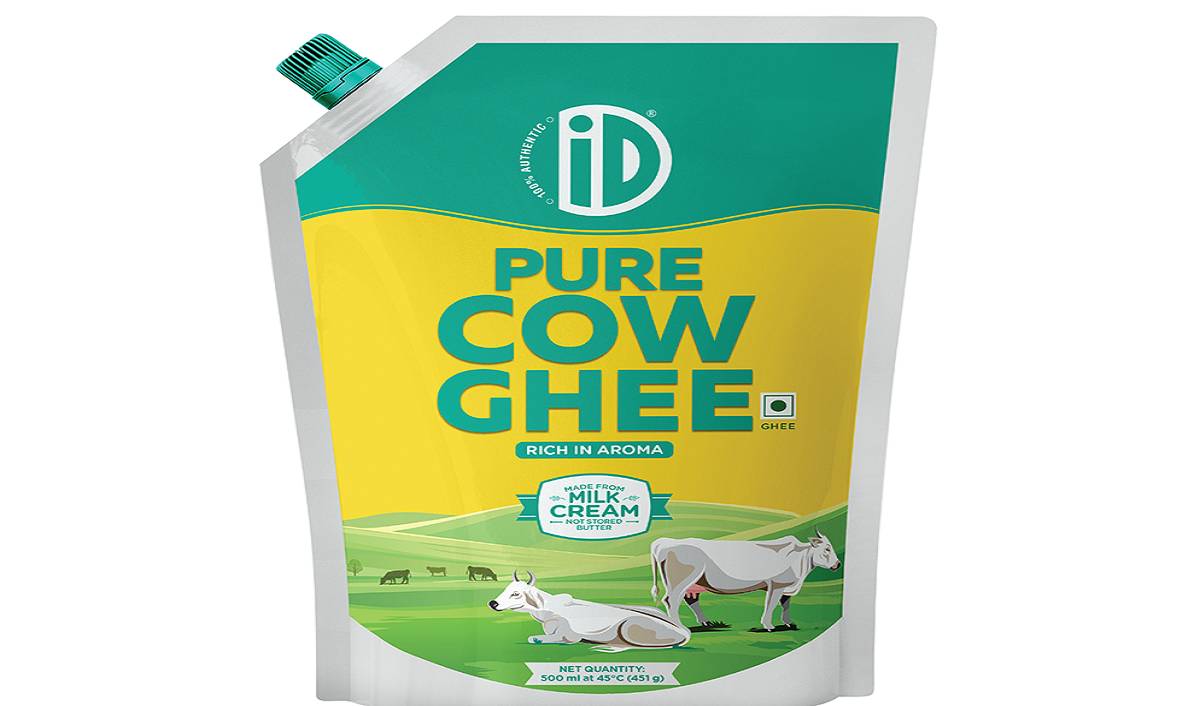Introduction to the French Way of Eating
Imagine savoring each bite of a perfectly cooked meal, surrounded by laughter and conversation. This is the essence of the French way of eating—a lifestyle that emphasizes not just food but the experience surrounding it. But can this approach to dining actually make you healthier? With its rich history and cultural significance, French cuisine offers more than delightful flavors; it also presents potential health benefits backed by science. As we explore the key components of the French diet and compare them to typical American eating habits, you may find yourself wondering if adopting some elements from this culinary tradition could enhance your well-being. Join us on this journey as we uncover what nutrition guidelines France has to offer in terms of diet and longevity, all while enjoying delectable dishes along the way.
History and Cultural Significance of French Cuisine
French cuisine is more than a collection of recipes; it embodies centuries of tradition, culture, and artistry. Its roots trace back to medieval times when dining was a lavish affair reserved for the elite. Over time, regional ingredients shaped distinctive culinary styles that reflected local customs.
In the 17th century, chefs began elevating cooking techniques, leading to what we now recognize as fine dining. The French Revolution further democratized food culture by breaking down class barriers in gastronomy.
Today, meals are celebrated communal experiences in France. Food brings people together—family gatherings revolve around shared dishes and lively conversation. This deep connection between cuisine and community underscores the importance of savoring each bite while engaging with loved ones.
The French way of eating reflects a lifestyle grounded in pleasure and mindfulness about nutrition guidelines France espouses. Each meal is an opportunity not just to nourish but also to appreciate life’s simple joys.
Key Components of the French Diet
The French diet is renowned for its simplicity and flavor, focusing on fresh, high-quality ingredients. Seasonal produce takes center stage, emphasizing fruits and vegetables rich in vitamins and minerals.
Dairy also plays a vital role. Cheese and yogurt are staples that provide essential calcium while adding depth to meals. The French prefer full-fat dairy, believing moderation is key.
Another hallmark of the French way of eating is the use of herbs and spices instead of heavy sauces. This approach enhances natural flavors without masking them.
Bread accompanies nearly every meal but is often enjoyed mindfully, allowing for appreciation rather than overindulgence.
Healthy fats from olive oil are preferred over processed oils. These fats contribute to heart health while enriching dishes with taste.
Portions tend to be smaller in France compared to other cultures—promoting satisfaction rather than excess at each dining experience.
The Science Behind the Health Benefits
Research suggests that the French diet, rich in vegetables, fruits, whole grains, and healthy fats, plays a significant role in promoting health. These foods are packed with antioxidants and essential nutrients.
One key component is moderation. The French often practice portion control while savoring their meals. This habit can lead to better digestion and satisfaction without overeating.
Moreover, the inclusion of quality over quantity leads to healthier choices. Traditional French recipes emphasize fresh ingredients that provide both taste and nutritional value.
Studies have shown that adherence to these nutrition guidelines from France may lower risks of chronic diseases such as heart disease and diabetes.
Additionally, social dining experiences common in France promote mental well-being by fostering connections during meals. This holistic approach contributes significantly to longevity.
Comparison with American Eating Habits
American eating habits often emphasize convenience and speed. Fast food reigns supreme, with large portions and a focus on high-calorie offerings. Meals are frequently eaten on the go, leading to mindless consumption.
In contrast, the French approach highlights quality over quantity. Meals are typically enjoyed at a leisurely pace, allowing for thoughtful savoring of flavors. Portions tend to be smaller but richer in taste.
Cultural attitudes toward food also differ significantly. In America, dieting trends fluctuate rapidly, while many French people embrace balance and moderation instead of strict restrictions.
Furthermore, social interactions play an important role in French dining experiences. Sharing meals with family or friends fosters connections that extend beyond just nourishment.
This deeper appreciation for mealtime might contribute to improved health outcomes when compared to American dietary practices. These contrasts can inspire us to rethink our own relationship with food.
Tips for Incorporating French Eating Habits into Your Life
Start with fresh, seasonal ingredients. The French diet emphasizes local produce. Visit farmers’ markets to discover vibrant fruits and vegetables.
Slow down during meals. Instead of hurried bites, savor each flavor. This practice not only enhances enjoyment but also aids digestion.
Embrace the art of cooking at home. Try simple French recipes that highlight natural flavors without heavy sauces or excessive salt.
Choose quality over quantity when it comes to portions. A small serving of a rich dish can be just as satisfying as a larger plate filled with less flavorful options.
Incorporate more plant-based foods into your meals. Consider vegetarian dishes inspired by traditional French cuisine, such as ratatouille or vegetable tartes.
Enjoy wine in moderation alongside meals instead of sugary beverages, enhancing both taste and health benefits associated with moderate consumption.
Is the French Way of Eating Worth Trying?
The French way of eating offers a refreshing perspective on nutrition. It emphasizes enjoyment, balance, and quality over quantity. With its focus on fresh ingredients and mindful dining practices, this approach has been linked to numerous health benefits.
Adopting elements of the French diet can lead to improved overall well-being. The emphasis on whole foods rather than processed options can enhance nutritional intake while promoting longevity. By savoring meals with family or friends, you not only nourish your body but also strengthen social connections—a key factor in mental health.
For those looking to make changes to their eating habits, incorporating aspects of the French way may be worth considering. Whether it’s adding more vegetables and fruits or practicing portion control without sacrificing pleasure in food, there are many small adjustments one can make.
Exploring the principles behind nutrition guidelines from France could inspire a healthier lifestyle that prioritizes wellness through deliciousness. Embracing these ideas might just help you feel better both physically and mentally—one bite at a time.














